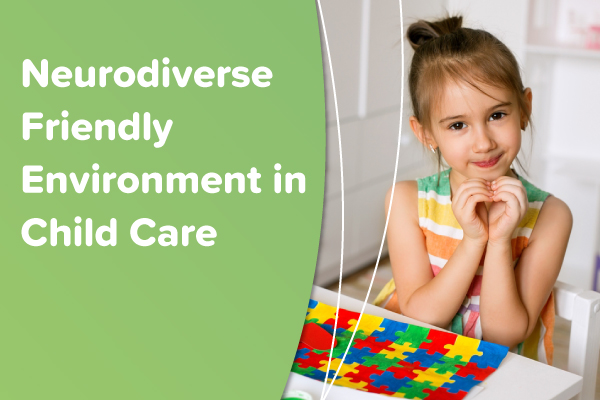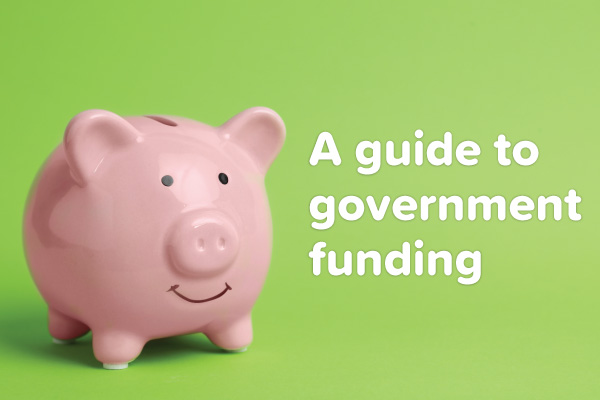In the recent budget, the federal government plans to negotiate a new funding agreement to the tune of $1.6 billion to “support continued universal access to at least 15 hours of preschool each week (600 hours per year) for children in the year before they start school”.
The new national agreement – to be negotiated with the states and territories – is expected to cover the 2022 to 2025 preschool years. However, from 2024, payments to the states and territories will be explicitly tied to attendance targets.
Pre-school – a vital time in a child’s development
In a move to develop a system of measuring pre-school outcomes form 2025 the federal government says it will earmark around $34m over the next five years to find ways to improve preschool-related data collection. Getting children school-ready is a key performance metric for the government.
In Victoria, the government has already paved the way for this reform working to introduce funded Three-Year-Old Kindergarten. Families across the state will benefit from this initiative from 2022.
This follows extensive research that draws the conclusion that the beneficial impact of quality early childhood education and care (ECEC) is compelling.
Ahead of the budget, the government also announced that there will be a further $1.7 billion over three years to the money already budgeted for child care (now $10.3 billion a year) to increase the affordability of childcare for low- and middle-income families
From July 2022, this spending will particularly benefit families with two or more children under five.
The government says the changes “deliberately target low and middle income earners, with around half the families set to benefit having a household income under $130,000”.
Staffing implications
Our clients who are managing early childhood education and care centres often explain that they struggle with a lack of quality applicants who genuinely want to work in the sector versus those who just want a job.
Not being able to secure enough staff suited to the job will mean that centres will struggle to meet the increased demand for early childhood education and care services which will be augmented by the new measures in the budget.
The additional $1.5 billion investment in Job Trainer will help to stimulate a pipeline of candidates coming through as trainees but more needs to be done to increase the professional profile of educators to attract the right people to this vital field.
Our clients tell us the right people are those who are motivated and have an interest in growing and developing, who are open to be challenged and genuinely support children’s development even through challenges.
In addition, people who have a natural connection and affinity with children and who are genuinely interested in watching children learn and grow, who value the child’s voice and their learning will thrive in this important profession.
Some of the transferable qualities that our clients often cite as being key to a successful early childhood educator is having effective communication and interpersonal skills, being about to think critically, resolve conflict and be proactive.
And these, which qualify as transferable or soft are all human-centred skills are those which we now teach in our courses – and this sets us apart from other providers.
Essentially, our aim is to help to provide early childhood education providers with people who after completing our courses possess the knowledge, professional skills and capabilities to create a compassionate society.
Becoming an early childhood educator
The sector needs dedicated individuals to support the demand for staff and ensure that children are getting the very best start in life. If you are interested studying early childhood education and care, you can be certain that your work will truly make a difference.
There are several options available when considering a role in early childhood education, depending on the environment. You may work as:
- educator in either family or long day care
- kindergarten assistant
- after school care educator
As you advance your career, you could become a Lead Educator, Centre Director, work in operations or be responsible for implementing the curriculum. This is your chance to play a key part in the growth and evolution of the early childhood education and care sector in Australia with the knowledge that you have good job prospects ahead.
Contact Practical Outcomes to find out more about our courses and how we can support your success.



